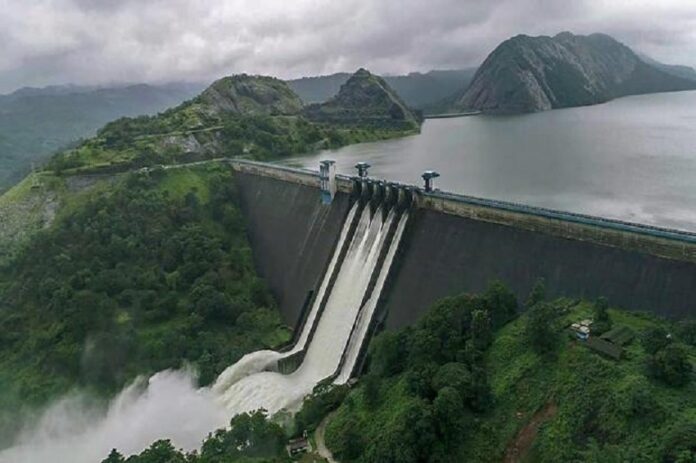The Neutral Expert is set to oversee legal proceedings involving Pakistan and India’s dispute over the design of the 330-MW Kishenganga and 850-MW Ratle hydropower projects from September 20 to September 21, 2023, in The Hague.
As per reports, Pakistan’s delegation, consisting of the Commissioner of Indus Waters, officials from the Attorney General’s Office, and a team of international lawyers, will present the country’s case.
Earlier on February 27-28, 2023, the Neutral Expert conducted proceedings to establish procedural guidelines for addressing the dispute.
Pakistan has pursued resolution through both the Neutral Expert and the Permanent Court of Arbitration (PCA). India initially hesitated to engage with the PCA but is now participating after the tribunal, on July 7, 2023, dismissed its six jurisdictional objections.
In the July 7 decision, the PCA affirmed its jurisdiction and emphasized that a party’s non-participation does not affect the court’s competence. Pakistan initially sought arbitration, contested by India, which initiated parallel proceedings for a neutral expert.
India’s objections and legal maneuvers stem from concerns about the potential impact on its future river projects should it lose the case. New Delhi had issued a notice to Pakistan on January 25, 2023, seeking treaty amendments but received Pakistan’s willingness to address concerns through the Permanent Commission of Indus Waters (PCIW) in April 2023.
Regarding the Kishenganga project, Pakistan has raised three objections, including reducing the pond capacity from 7.5 million cubic meters to one million cubic meters, increasing intake by 1-4 meters, and elevating spillways by up to nine meters.
For the Ratle Hydropower plant, Pakistan has raised four objections, including maintaining a one-meter freeboard (compared to India’s proposal of two meters), restricting the pond capacity to eight million cubic meters (India proposes 24 million cubic meters), increasing intake by up to 8.8 meters, and elevating spillways by up to 20 meters.





Amazing Info